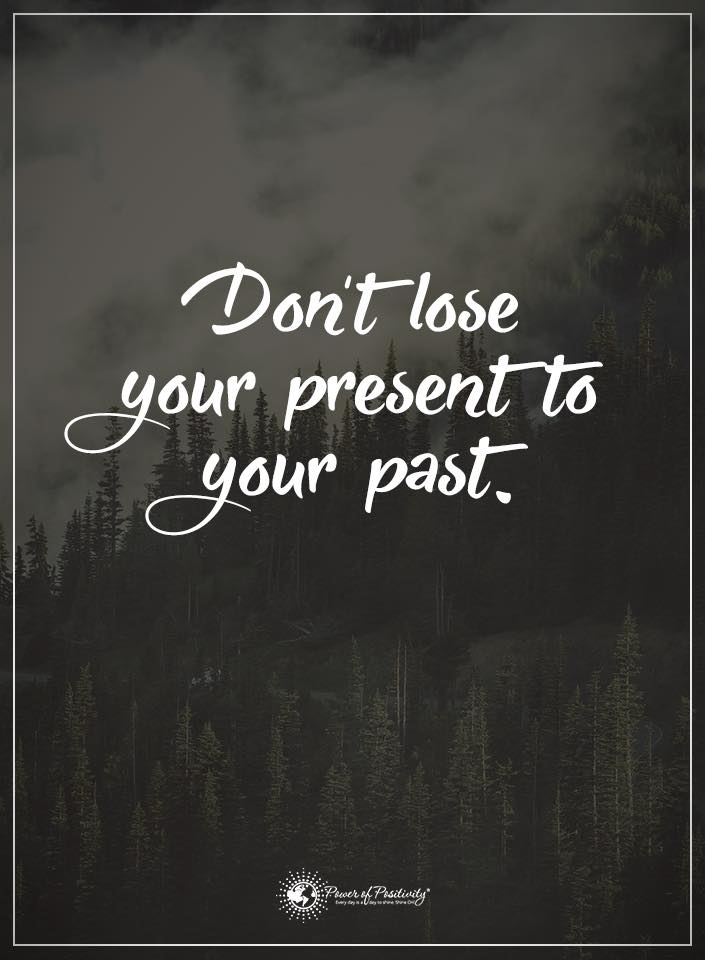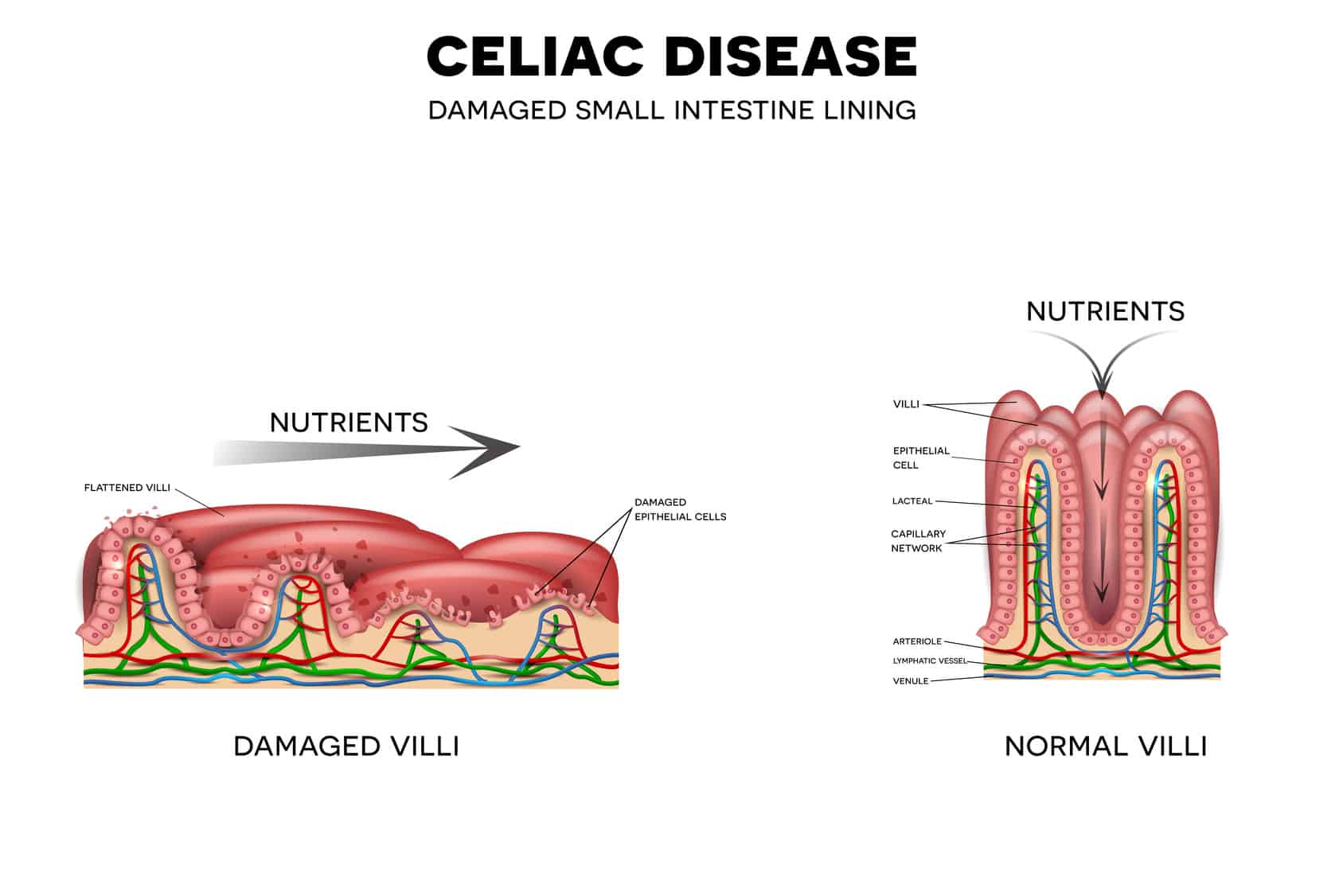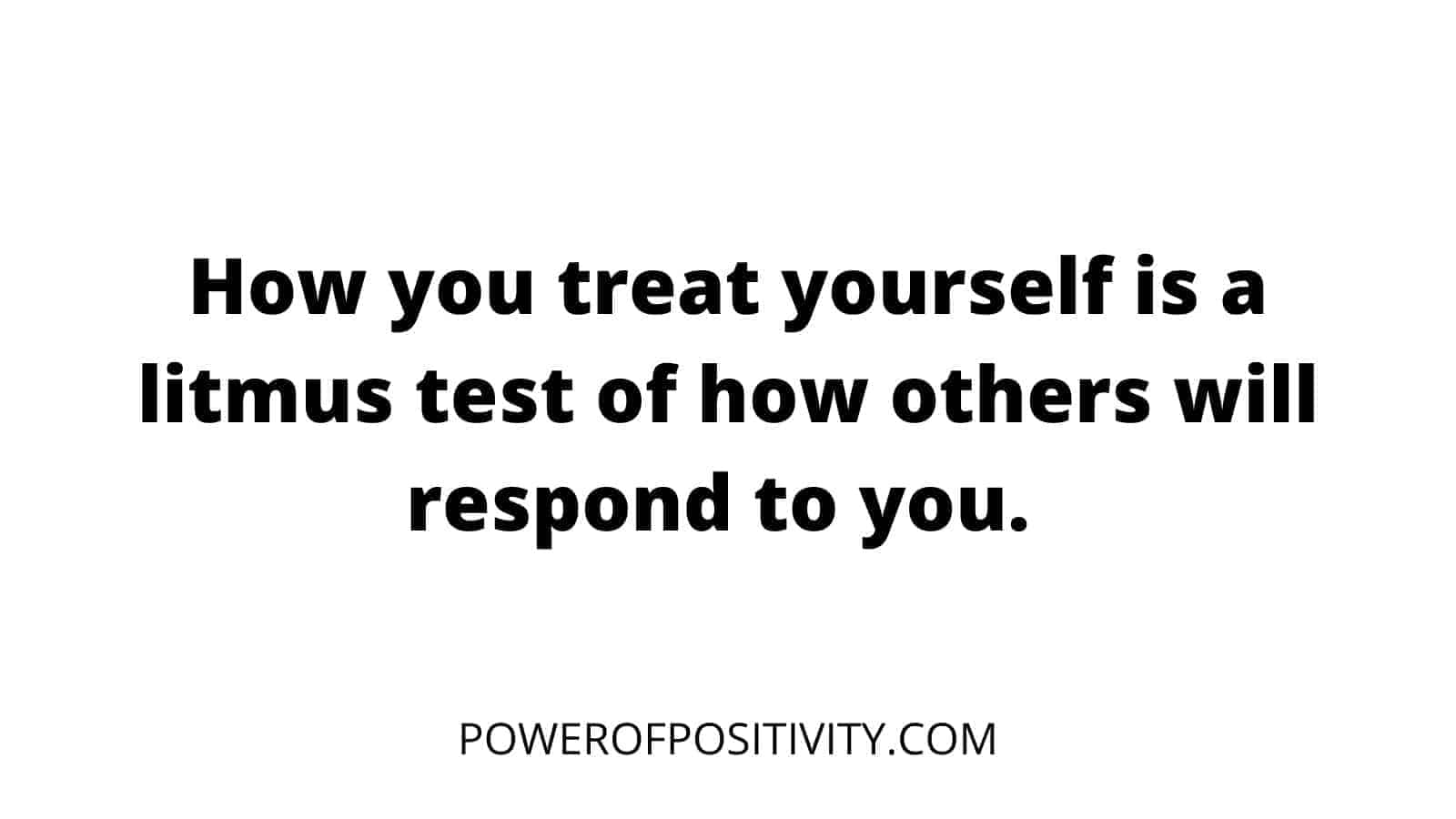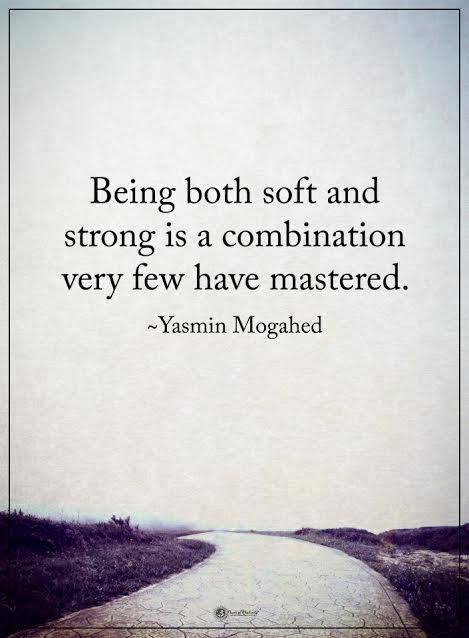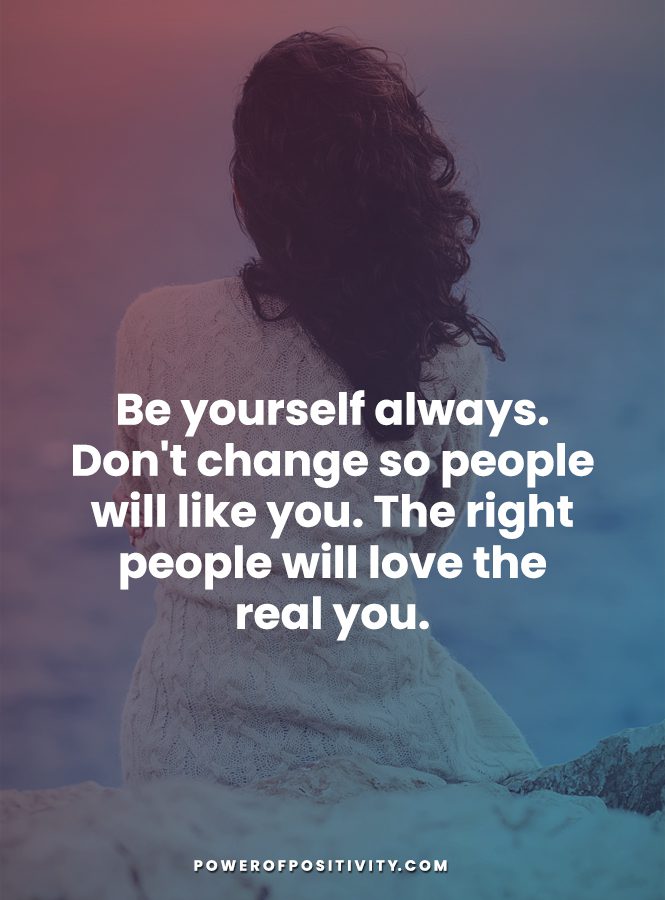You cannot move forward or enjoy the present when stuck in the past.
“Do not dwell in the past, do not dream of the future, concentrate the mind on the present moment.” – The Buddha
This quote by Buddha is a global favorite regarding the past, present, and future – it’s one of my favorite quotes, period. Let’s break down quickly what The Buddha was saying here:
“Do not dwell in the past” is to resist the mind’s attempts to define ourselves by our mistakes. “Do not dream of the future,” as this takes away the joy described in Buddha’s final point, to “concentrate the mind on the present moment.”
To not dwell on the past is much easier said than done. We all have an innate negativity bias, which is (unfortunately) the brain’s natural, default state.
Negativity bias (also known as the negativity effect) can be defined as “Things of a more negative nature (e.g. unpleasant thoughts, emotions, or social interactions; harmful/traumatic events) have a greater effect on one’s psychological state and processes than do neutral or positive things.”
We’re also prone to remembering negative events than positive ones. This is one of the reasons why psychological illnesses like depression, anxiety, PTSD, and others can be tough to overcome.
Do you feel stuck? Nobody wants to live in the past, certainly not those who have experienced a degree of harm and trauma that eludes most of us.
Why are quotes so powerful?
Many people will turn to a motivational quote for encouragement when things get tough. Why is this? Simply put, human beings are aspirational; we desire to become better versions of ourselves. Importantly, this truth holds whether the circumstances surrounding our need for aspiration are positive or negative.
To illustrate the above point, let’s use a fictional story of two people going through a set of two very different circumstances.
Kim, a successful and driven businesswoman, one day aspires to be the head of her company. She knows this is not an easy path, particularly for women, who are still woefully underrepresented in corporate leadership positions. Kim always seems to find inspiration from quotes by Mary Barra, the CEO of General Motors. One of Kim’s favorites:
“I never want to get a job because I’m female. I want to get it because I’ve earned it and I deserve it…Whether my hair is (blue or purple), people should be judged on how well they do their job.”
Larry is a victim of clinical depression and finds it difficult to get out of bed. His illness seems to have deprived him of his natural disposition as a proud and vigorous man. But Larry knows there’s something still there – and this quote by Helen Keller gives hope and strength:
“Character cannot be developed in ease and quiet. Only through experience of trial and suffering can the soul be strengthened, ambition inspired, and success achieved.”
Indeed, quotes can be beautiful and inspirational. Though fictional in this story, Kim and Larry represent two very real types of individuals in today’s society.
11 Quotes to Remember When You’re Stuck In The Past
1. “Do not dwell in the past, do not dream of the future, concentrate the mind on the present moment.” – Buddha
2. “Gratitude makes sense of our past, brings peace for today, and creates a vision for tomorrow.” – Melody Beattie
3. “Yesterday’s the past, tomorrow’s the future, but today is a gift. That why it’s called the present.” – Bil Keane
4. “Live out your imagination. Not your history.” – Stephen R. Covey
5. “A ship does not sail with yesterday’s wind.” – Louis L’Amour, The Walking Drum
6. “Holding on is believing that there’s a past; letting go is knowing that there’s a future.” – Daphne Rose Kingma
7. “When I let go of what I am, I become what I might be. When I let go of what I have, I receive what I need.” – Lao Tzu
8. “Breathe. Let go. And remind yourself that this very moment is the only one you know you have for sure.” – Oprah Winfrey
9. “The truth is, unless you let go, unless you forgive yourself, unless you forgive the situation, unless you realize that the situation is over, you cannot move forward.” – Steve Maraboli

10. “Suffering is not holding you. You are holding suffering. When you become good at the art of letting sufferings go, then you’ll come to realize how unnecessary it was for you to drag those burdens around with you. You’ll see that no one else other than you was responsible. The truth is that existence wants your life to become a festival.” – Osho
11. “Yesterday is gone. Tomorrow has not yet come. We have only today. Let us begin.” – Mother Teresa

